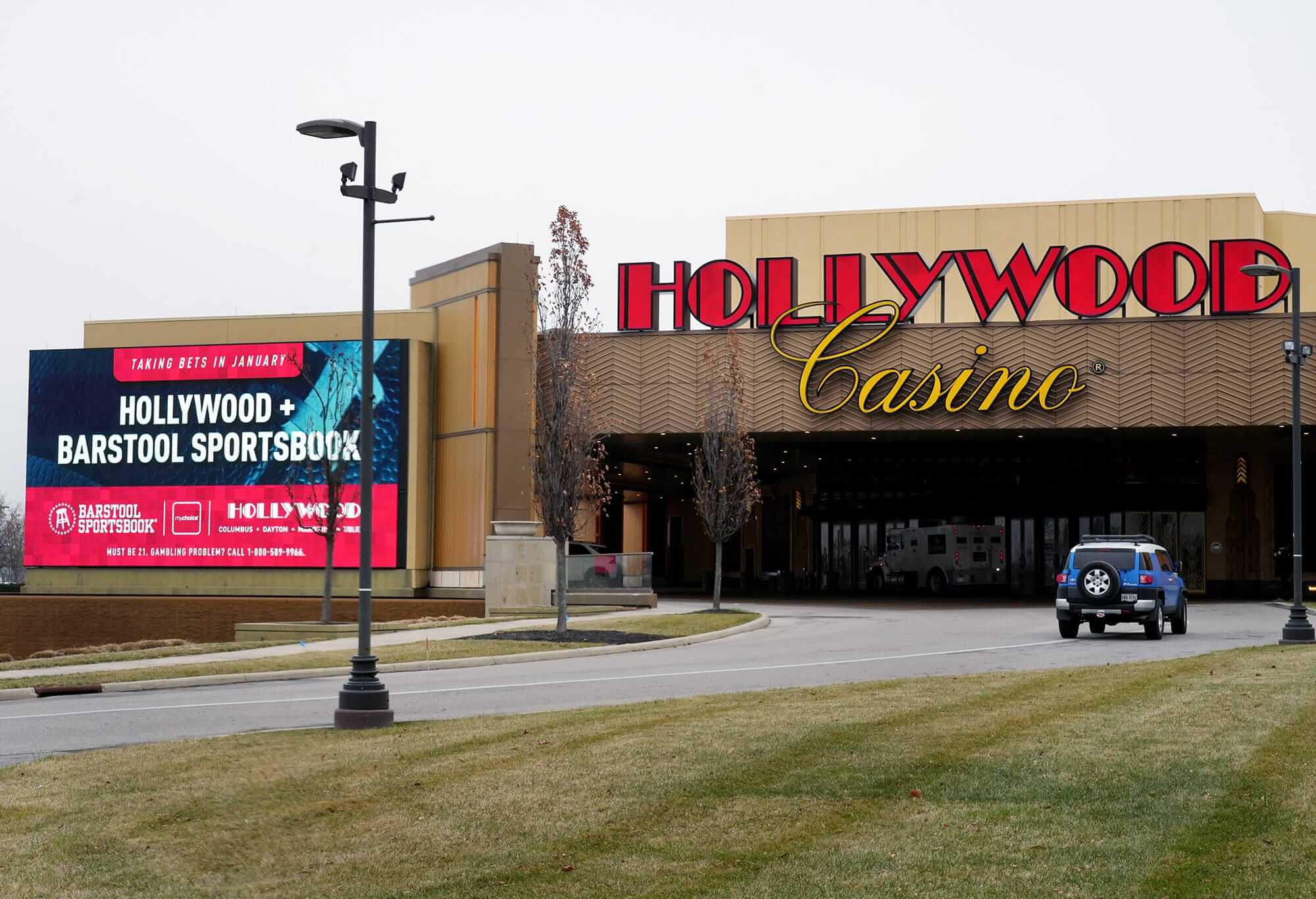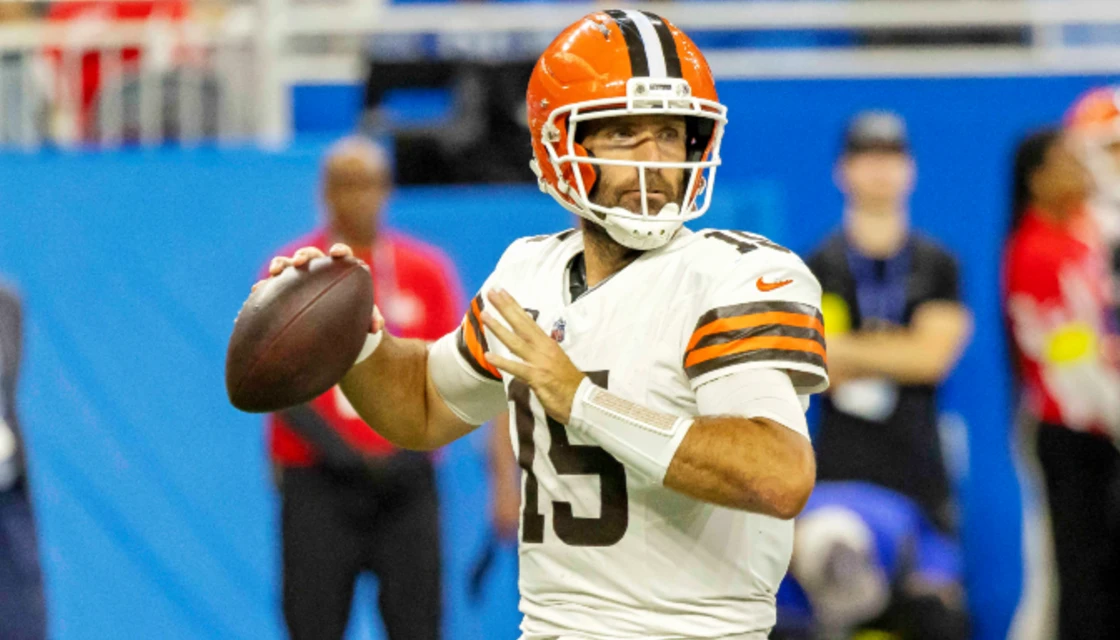The question presented during a panel discussion Wednesday in Columbus was, “Did Ohioans win or lose by legalizing sports betting?” While the consensus seemed to be the state won, there was some talk about the price of that victory at the Columbus Metropolitan Forum event.
Data from the Ohio Casino Control Commission showed Buckeye State bettors wagered $7.6 billion in the first 12 months sports betting was allowed, and the state generated more than $102 million in tax revenue. At the same time, though, call volumes to problem gambling helplines rose significantly.
Ohio Casino Control Commission Executive Director Matt Schuler saw the latter statistic as a silver lining. Legalizing Ohio sports betting allowed people to come forward and admit they needed help, contributing to the call increase.
“People would stay in the shadows because they didn’t want to come forward and admit that they were engaging in illegal activity,” he told the crowd. “…If we look at the plus side of legalization, being able to come forward and get help and get treatment and talk about this in the light has proven to be a very good thing.”
Oyauma Garrison, president and CEO of Columbus-based behavioral health provider Maryhaven, agreed legalization did help shine a light on problem gambling behavior. However, there are still obstacles to treating individuals in need, including the cost of services, the number of people who may need to be involved — especially if it is a family issue — and stigmatization.
“Let’s just face it,” he said. “What we tend to see is a lot of problem gamblers, they don’t want to come in and use their insurance because they fear retribution or retaliation from their employers.”
How Prevalent Is Problem Gambling?
Gambling, in general, is a pervasive activity in Ohio. Stacey Frohnapfel-Hasson, the chief of the Ohio Department of Mental Health & Addiction Services’ Office of Prevention and Problem Gambling, noted about 83% of Ohio adults gamble in some fashion. Of those, 2.8% would likely be diagnosed with a gambling disorder. That equates to 255,000 people, and the number would be higher if adolescents and teenagers were included.
That’s nearly the same amount of people who live in Toledo.
Gambling addiction is the same type of disorder as substance abuse, and Frohnapfel-Hasson noted the brain scans for someone who just took cocaine and someone in the middle of a gambling run are identical.
However, as Schuler noted, unlike alcoholism or drug abuse, there are no tell-tale physical signs to identify someone suffering from gambling addiction or other problem gambling issues. They both also said gambling addiction can have tragic consequences.
“Not to end on a downer, but the ultimate outcome for some people is suicide,” she said.
If you or someone you know may have a gambling disorder, more information or assistance is available in Ohio through the state’s problem gambling helpline. The number is (800) 589-9966, or visit ohio.gov/responsible-gambling for help via live online chat.
Future Of Ohio Sports Betting
Besides looking back at the past year, there was also discussion on the future of Ohio betting apps. For Dan Dodd, a former Ohio state representative and the vice president of government relations for ZHF Consulting, the future could look quite different from how wagering has matured in other states.
Some states, including neighbors Indiana and Pennsylvania, saw operators gradually increase over time. Ohio saw most operators start on the Jan. 1, 2023, launch date. While the state has 20 licensed online operators, including ESPN BET Ohio, and 16 brick-and-mortar sportsbooks, Dodd noted there has been a decrease in interest in the state from other operators.
That’s due to various reasons, including the cost of licensing fees and the decision to double the sports betting tax to 20% last July.
Although the market could get smaller over time, Dodd added that there will still be opportunities for new entries. However, they have to offer something different.
“Consumers aren’t really looking for 15 versions of the same thing,” Dodd said. “What they are looking for are new and innovative ways to do the activity that they are already doing.”







